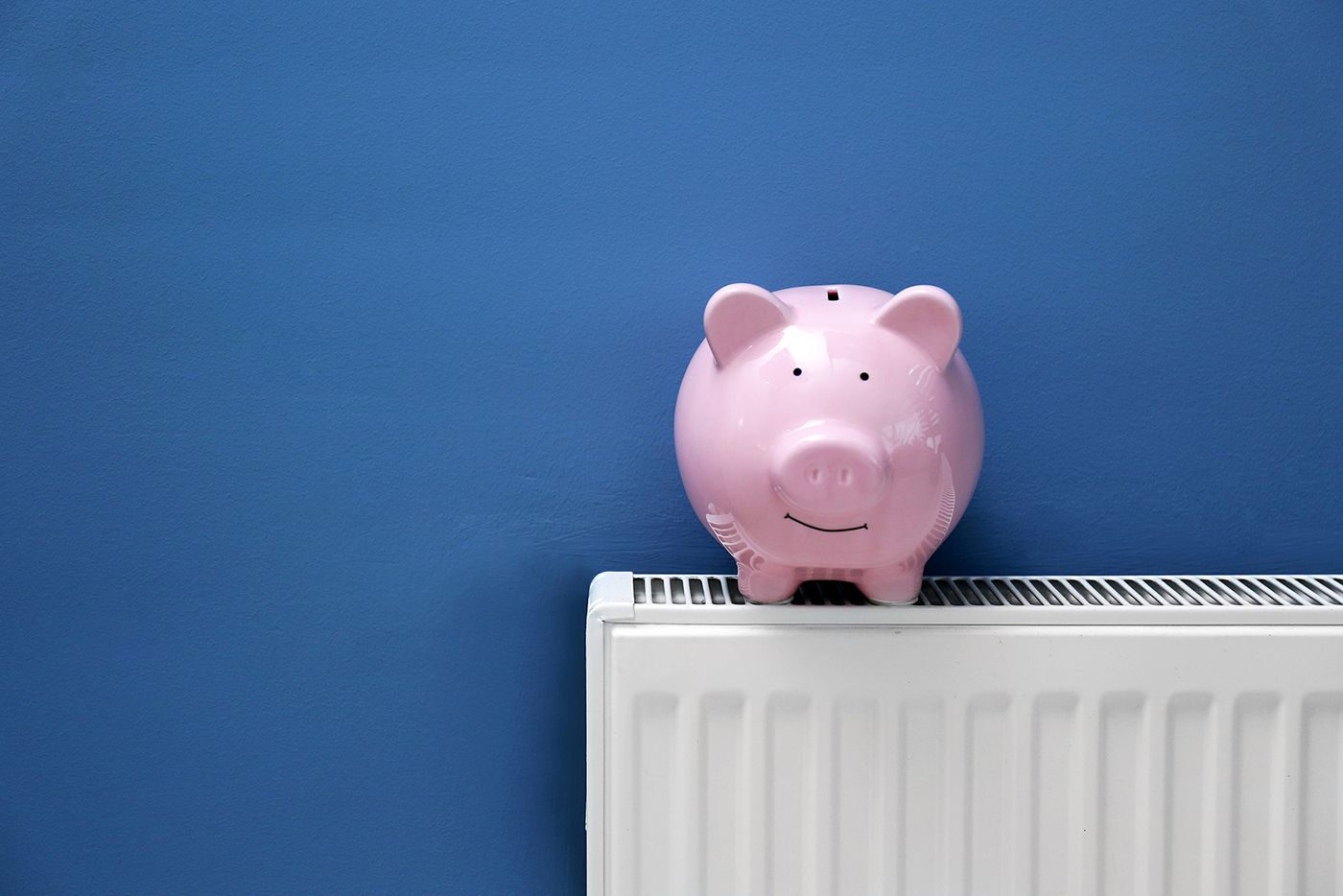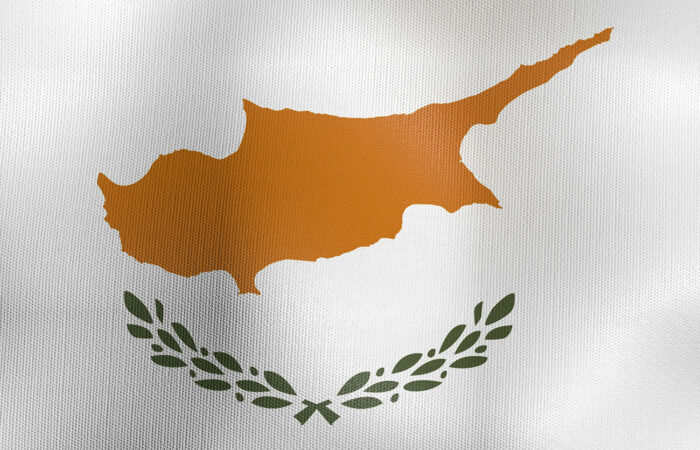Charles Ellinas*
Following the publication by the EU of ‘Justice-focused approach key to effective energy poverty solutions’, energy poverty in Europe was again in the news last week. This is based on a study published last year by the European Commission (EC) on ‘Who is energy poor in the EU?’, that does not make comfortable reading for Cyprus. It confirms the findings of other studies that have arrived at similar conclusions.
EU’s Social Climate Fund regulation and the revised Energy Efficiency Directive define energy poverty “as a household’s lack of access to essential energy services, such as heating, hot water, cooling, lighting and energy to power appliances.” The EC recognises that energy poverty is driven by three underlying causes: high energy expenditures in proportion to household budget, general low levels of income and low energy performance of buildings and appliances.” The study also took into account people’s inability to keep homes adequately warm, and arrears on utility bills.
The study states that “identifying where and who are the most vulnerable groups of the population to the EU Green Deal and its climate targets for 2030 and 2050 is essential for ensuring an inclusive and fair transition.” Based on satisfying at least one of these causes, about 40% of EU’s population would be classified as “energy poor.” But the distribution is highly uneven, with the highest incidence of energy poor found in south-east Europe and the lowest in north-western Europe.
As shown in the Chart below, the incidence of energy poverty ranges from slightly below 20% in the Netherlands to more than its triple in Greece, where about two-thirds of the population is classified as ‘energy poor’ by at least one of the four indicators considered in the study.
Energy poverty rates in EU countries

Source: ‘Who is energy poor in the EU?’ European Commission, Joint Research Centre, July 12, 2024.
On this basis, Cyprus ranks 22nd with over 50% of the population classified as ‘energy poor’. Cyprus does particularly badly when it comes to the proportion of the population not able to keep their home adequately warm, over 20%, and the share of population with arrears on their utility bills.
The EU obligees all member states to identify, monitor, and address energy poverty through their National Energy and Climate Plans (NECPs). EU’s Energy Efficiency Directive and the Social Climate Fund Regulation require NECPs to identify measures to alleviate energy poverty. The EC published a toolbox (EU/2021/660) outlining measures that can be taken at national level to support vulnerable consumers and has made available dedicated funding for vulnerable groups.
Electricity prices and energy poverty in Cyprus
To quantify and highlight the gravity of the situation, I repeat here what I have said over the last few months.
Based on purchasing power parity, in 2024 Cyprus had the second highest household electricity price in Europe, largely due to taxation. Tax accounted for just under 35% of the price, the fourth highest in Europe and well above the corresponding EU average, of about 23%. In Greece this percentage was only around 15%. Bringing taxes and levies down to Greece’s level, could slash electricity prices from 33 cents/kWh to 25 cents/kWh.
Collecting higher taxes contributed to Cyprus’ fiscal surplus in 2024, as well as to its upgrading in the global credit-ratings, but at the expense of the consumer, who is getting poorer and is increasingly squeezed economically. A recent headline was: “Purchasing power in Cyprus is declining – Below the EU average.” This is not surprising given high taxes, making high energy prices even higher. A large percentage of Cypriots, more than 23% and increasing, cannot make ends meet and about 30% are at risk of poverty and social exclusion.
Clearly, combined with the high incidence of energy poverty, this should not be considered to be an acceptable situation. Cyprus needs an energy transformation and substantially lower energy taxes and prices in 2025.
Given the high electricity prices and the very high tax burden on electricity, it is not surprising that such a high proportion of Cypriots is energy poor – they simply cannot afford it.
Even though the EC is quite concerned about energy poverty and is proposing measures to address it, it does not appear to have the priority it deserves in Cyprus. This must change.
As the EC points out, energy poverty has far-reaching consequences, from exacerbating health issues to limiting social and economic participation. Cyprus is in urgent need of comprehensive and effective policies aimed at tackling energy poverty and promoting a fair energy transition – accessible and affordable energy is a basic right. It must also set clear goals to reduce energy poverty, and report annually on their achievement, and take measures to ensure and protect the right of all Cypriots to affordable and clean electricity.
*Charles Ellinas is Senior Fellow at the Global Energy Centre of the Atlantic Council.




